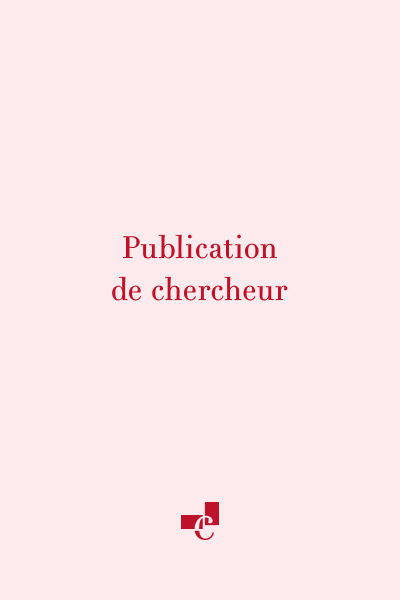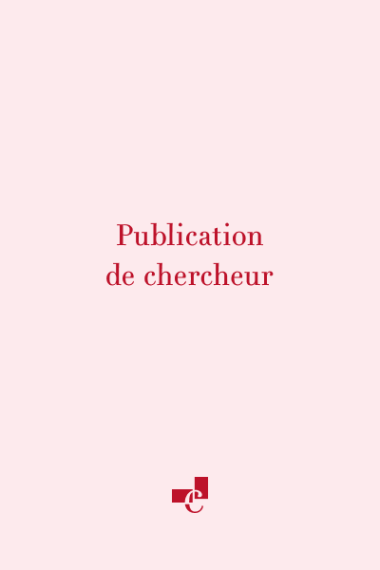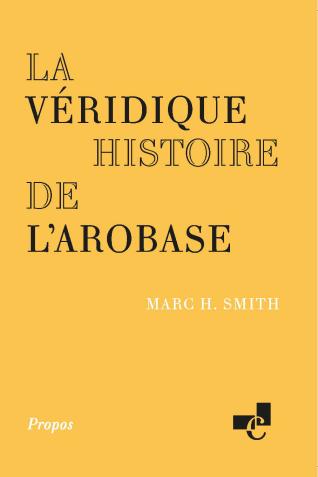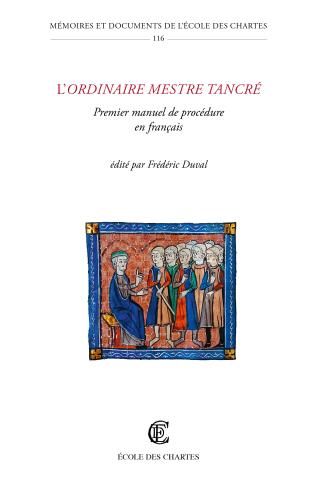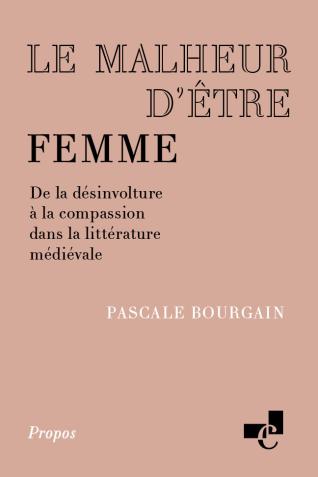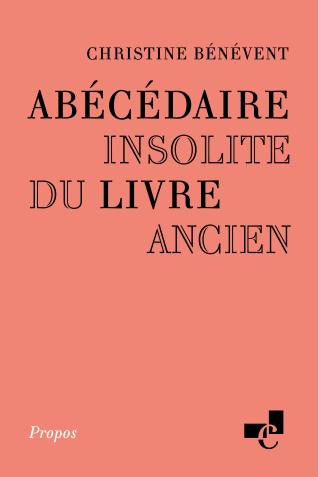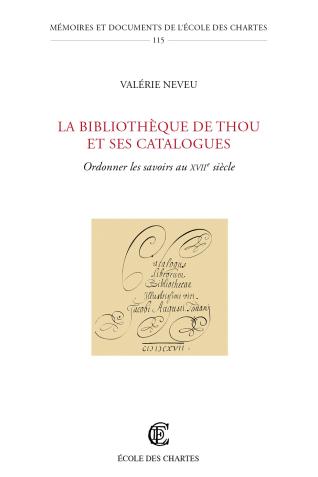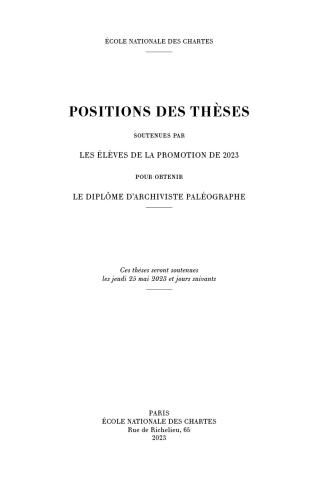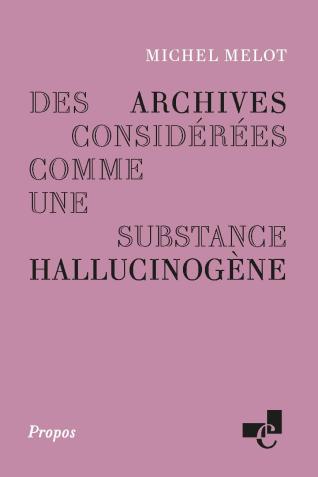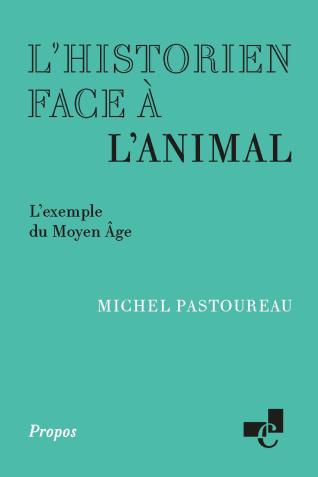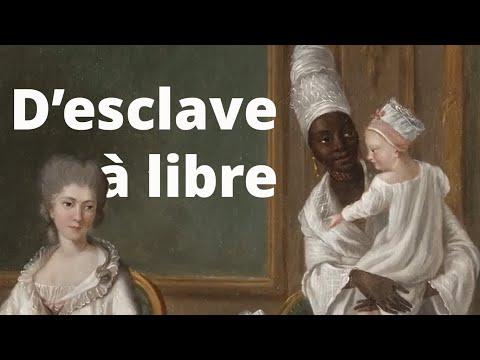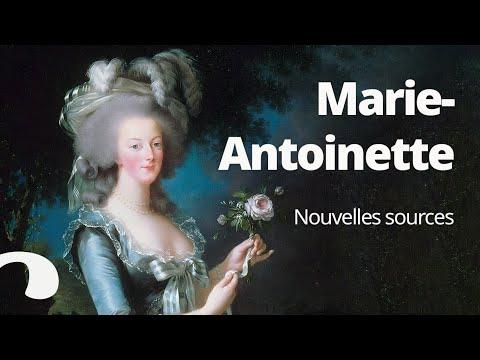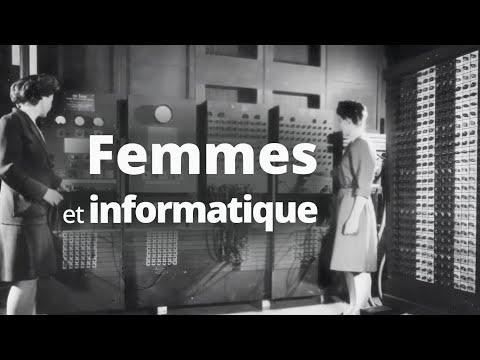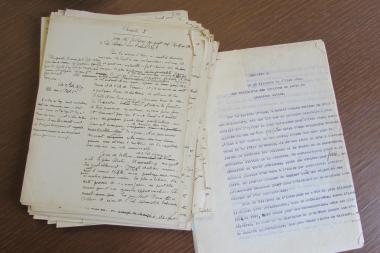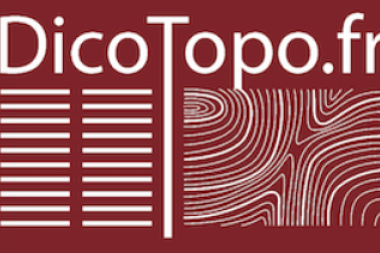- Congrès : Joint International Conference on Computational Linguistics, Language Resources and Evaluation (LREC-COLING 2024) (2024-05-20 - 2024-05-25)
- Directeur(s) : ELRA Language Resources Association (ELRA)
Résumé
In this study, we propose to evaluate the use of deep learning methods for semantic classification at the sentence level to accelerate the process of corpus building in the field of humanities and linguistics, a traditional and time-consuming task. We introduce a novel corpus comprising around 2500 sentences spanning from 300 BCE to 900 CE including sexual semantics (medical, erotica, etc.). We evaluate various sentence classification approaches and different input embedding layers, and show that all consistently outperform simple token-based searches. We explore the integration of idiolectal and sociolectal metadata embeddings (centuries, author, type of writing), but find that it leads to overfitting. Our results demonstrate the effectiveness of this approach, achieving high precision and true positive rates (TPR) of respectively 70.60% and 86.33% using HAN. We evaluate the impact of the dataset size on the model performances (420 instead of 2013), and show that, while our models perform worse, they still offer a high enough precision and TPR, even without MLM, respectively 69% and 51%. Given the result, we provide an analysis of the attention mechanism as a supporting added value for humanists in order to produce more data.
Partager sur les réseaux sociaux
Publications de chercheur
Publication de chercheur
Layout Analysis Dataset with SegmOnto
Communication dans un congrès
- Date de parution : 2024
Publication de chercheur
CATMuS-Medieval: Consistent Approaches to Transcribing ManuScripts
Communication dans un congrès
- Date de parution : 2024
Publication de chercheur
Lire, diffuser et faire connaître les manuscrits anciens par l’imprimé
Article dans une revue Nouveau
- Date de parution : 2024
